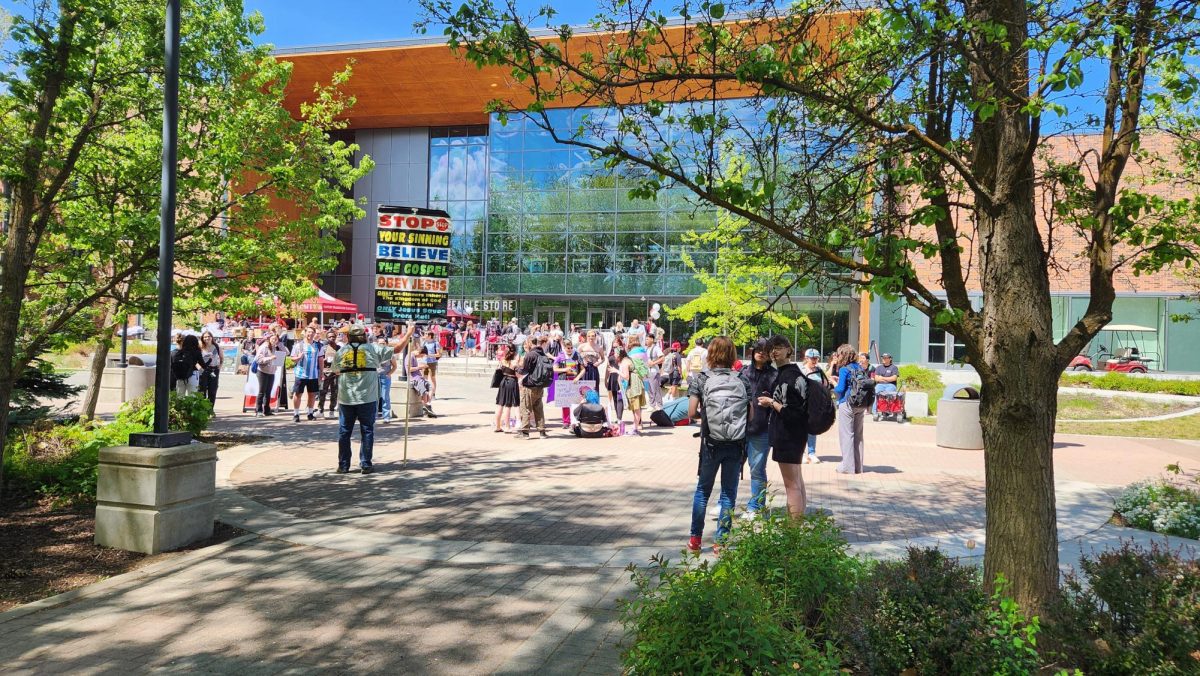At six years old, Hilary Baird told her teacher that she wanted to be a music teacher when she grew up. As she got older and began to struggle in school due to undiagnosed autism, she realized that dream was going to be no easy feat to pull off.
“When you have autism, you grow up and you hear ‘no, you can’t do this,’ ‘no, you can’t do that,’ ‘no, you’re not qualified,’” Baird said. “And then I realized as I got older, I was simply sitting at the wrong table.”
Over three decades later, Baird, 37, has blown her initial goal out of the water. Not only has she been a private instructor of piano for the past eight years and nearly completed a composition degree at Eastern Washington University, but she was also recently accepted into a new and competitive Master’s program at the Berklee College of Music: music education with a focus in autism studies. There, she hopes to become a pioneer in researching effective education methods for those with disabilities.
The program at Berklee College of Music, a private music college in Boston, Mass., is the only of its kind in the United States, and was recently featured in a PBS documentary.
“There are very few programs like this in the nation,” Jonathan Middleton, a music professor who has worked with Baird her entire time at EWU, said. “Hilary had already applied when [the PBS documentary] came out, and I went, ‘oh no, she’s going to have to compete with all the thousands of people who just saw this.’”
Middleton was hesitant to get his hopes up for Baird because of the large applicant pool, however he said that he knew she was the perfect candidate in the back of his mind.
“She’s the perfect student because she is someone who is neurodivergent,” he said. “She’s perfect because she knows it from the inside. She was there, she has been told that she wouldn’t succeed. She was not diagnosed early on, and she spent many years being the last in the class, I’m sure. Not knowing why, but just by her own fortitude powering on.”
Getting into this program is only the most recent of Baird’s odds-defying accomplishments, however. Her persistence and drive to succeed throughout her life has continually shattered people’s expectations for what an autistic person should be capable of.
Baird’s family could not afford many piano lessons for her as a child, and so when she was old enough she worked full time in order to support her passion. Later, she served in the military so she could afford to pursue higher education.
“I did four years in the military because they help you pay for your bachelor’s level. So after doing four years in the military I got out and I started applying to Spokane Falls and to [EWU],” Baird said.
Baird also struggled with the lack of accessibility found in traditional schooling. When she applied to EWU in 2012 because of its music composition program, she was rejected. She hadn’t reached state standards for the basic requirement courses like English and math. She enrolled in Spokane Falls Community College.
“I knew growing up that I did not match a neurotypical standard of education, and because of that I was not able to keep up in class with my peers,” Baird said. “After being told when I was younger that college might not be a possibility, I had to go back to community college about five times.”
Despite this hardship with school, Baird was still pursuing her dreams of being a teacher however she could. She got a teaching job in 2016 out of a place called Dan the Piano Man in Spokane Valley. Months later, she made her debut playing a solo piano piece in Carnegie Hall, New York.
“It was absolutely amazing. I just kept building from there and I started getting more and more students,” she said.
She went on to perform at numerous other venues on an international level, including the Harpa concert hall in Iceland and a student recital in Poland.
Despite her obvious skill in music, in 2019 Baird decided to redo the entire two year music degree she had been working on at SFCC. She said that with the help of some trusted professors and peers, she was able to turn her academics around.
“I went from failing math to getting a B in math. I went from failing English to getting a 4.0 in English… I went from failing music courses to getting 4.0s in them,” Baird said. “First, when you show up, you’re going to show up alone by yourself. But when you keep doing that, people are going to go, ‘OK, this person is actually serious about following through, so we’re going to go ahead and invest.’”
Baird’s success in getting her associate’s degree began a pattern of perseverance that people around her noticed. This time around, when she applied to EWU, she was accepted.
“There’s an underdog story in this where there were so many obstacles just to get here that once she finally got to Eastern, she was elated and thrilled. I mean, it’s like climbing Mount Everest just to get here whereas most students come in, apply to Eastern, they’re admitted,” Middleton said. “She climbed Mount Everest to get here and she’s still climbing through the music program at Eastern — which is accredited — it’s not an easy program.”
Baird has big plans for the future after getting her Master’s at Berklee, involving both researching and opening music education opportunities up to disadvantaged folks of all kinds — from kids with dyslexia to retirees with Alzheimers — across the world.
“It is very important for music to be accessible because it’s a representation of people as a humanity,” Baird said. “[Music education] can also help people learn. I use composition to teach students with developmental delays how to understand the difference between the nickel and the dime … it can really dive into a bigger pool of ‘we can revolutionize the education system’ where we attach sound to a concept for a person who has a delay.”
Jody Graves, Director of the music program at EWU, said that in her time here Baird has opened the door within the music program to some new ways for staff and faculty to understand autistic students.
“She’s made [talking about autism] safe, like it’s normal,” Graves said. “She has a way of reaching out to some of those people, and she’s made that part of her work here. That’s been quite unique because we’ve never seen anybody do that before in this arena, specifically dealing with music and autism.”
In her private lessons, Baird uses a variety of techniques to help her students understand concepts. She has found some students benefit from color coding their music sheets, and that others can grasp how to play a note by hearing her sing it in different octaves. These are the sorts of skills that Baird hopes to study and expand upon.
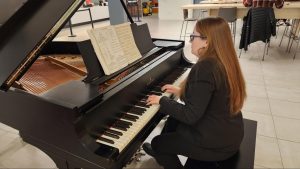
“For me, [Baird’s work] sends a huge message,” said Middleton. “These folks who are neurodivergent, they’re people too. They’re people with needs. It is all about seeing humans and taking a humanity perspective, and integrating music ed with special needs is such a cool idea.”
Graves and Middleton both said that they were proud of Baird’s growth and accomplishment.
“As the director of the music program, I am extremely proud of her. We are all extremely proud of her and her perseverance and her drive to make a difference — which she is doing — is so great,” Graves said.
Though she has been accepted into the Master’s program at Berklee, Baird and her supporters are currently most focused on financing this next big step, which will cost a total of $60,000. A GoFundMe for the cause can be found here.
This article has been updated.




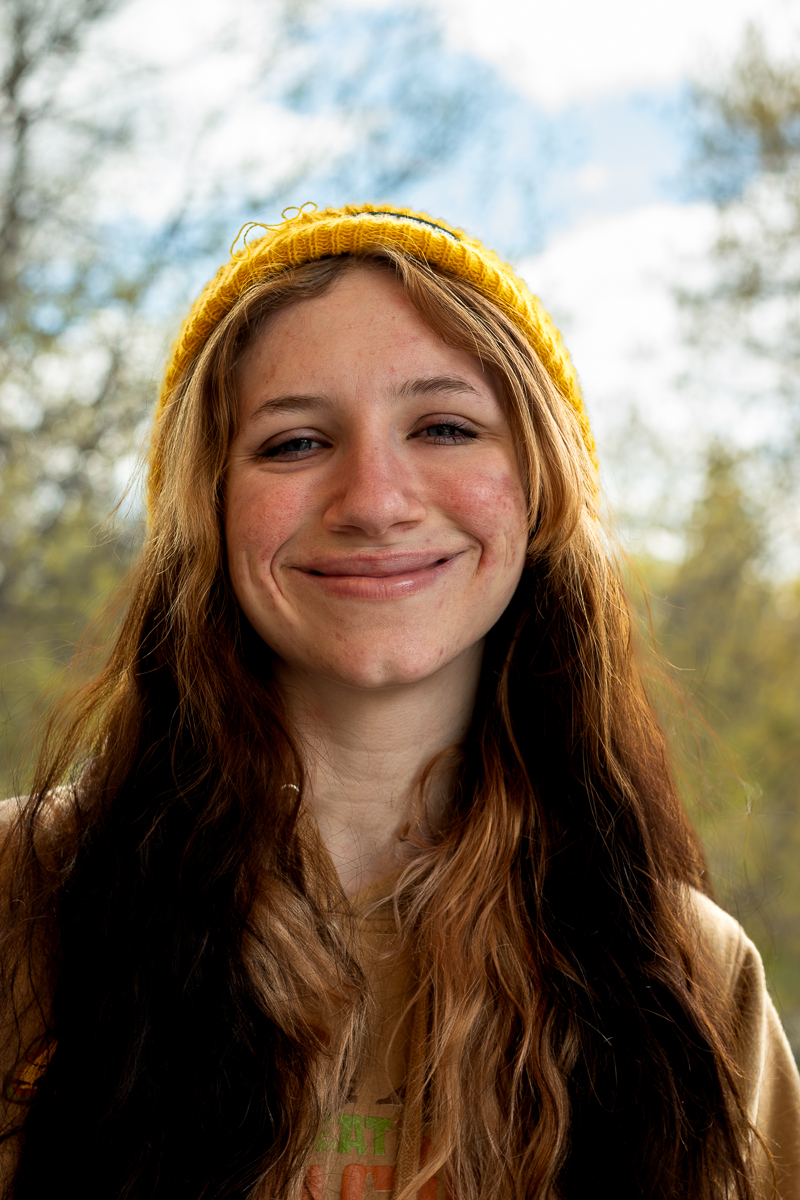



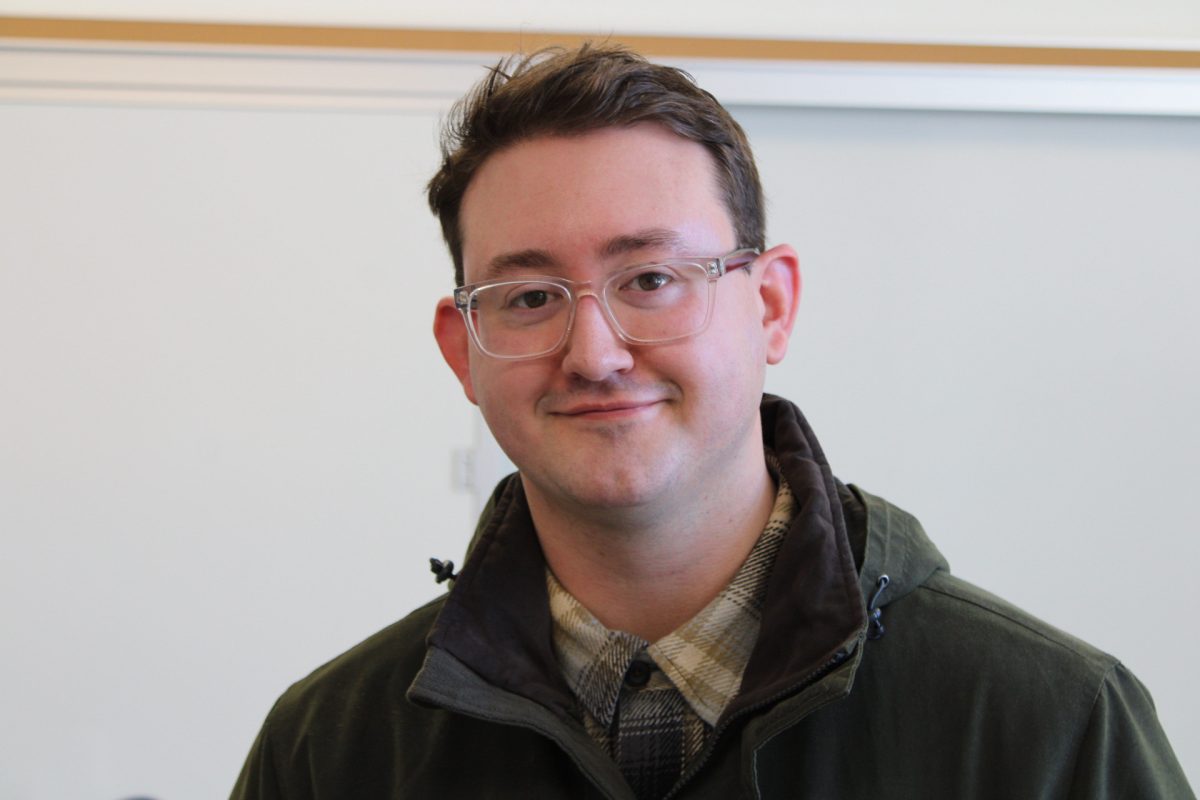


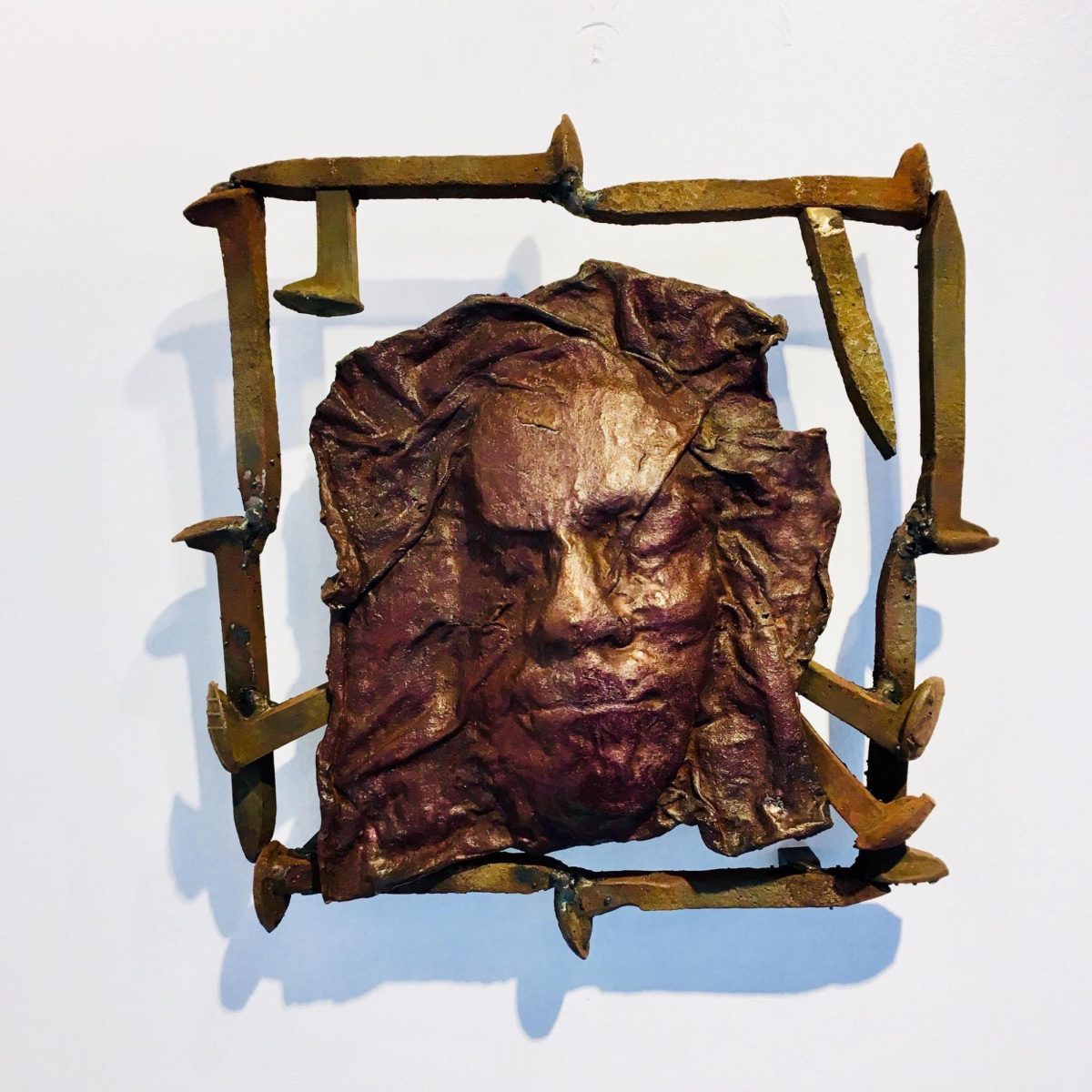
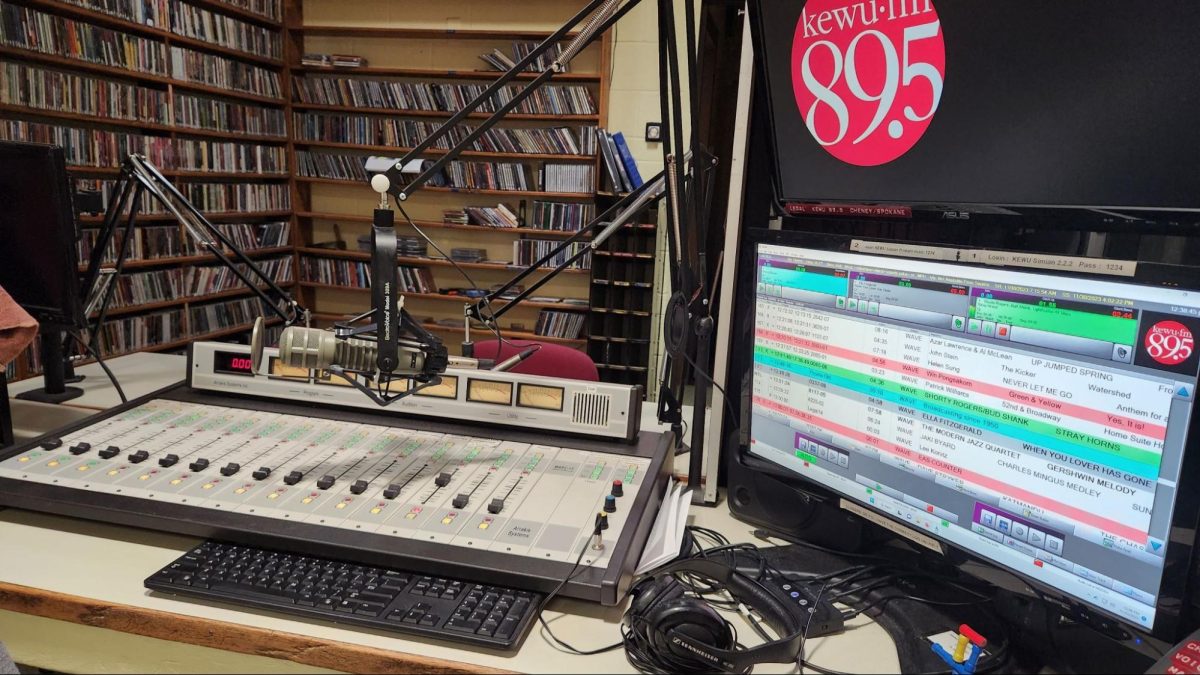

![Simmons said the biggest reasons for her success this year were “God, hard work, and trusting [her] coach and what she has planned.”](https://theeasterner.org/wp-content/uploads/2024/05/image1-1-1200x800.jpg)

